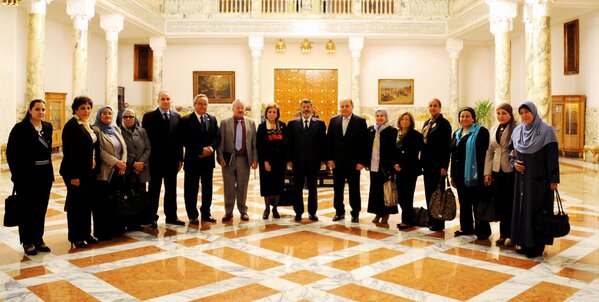The last written words in Rawi Hage’s debut novel are: “Any resemblance of characters in this novel to persons living or dead is purely coincidental. It is a sentence tacked onto the bottom of the acknowledgements, and seems a little out of place in a work of fiction.
Indeed, it stands in sharp contrast to a great many books that use the fact of their being rooted in real events as a positive selling point.
The statement is perhaps better understood when one considers the subject matter of “De Niro’s Game and the background of the author.
Set during the Lebanese civil war at the start of the 1980s, the story follows two young Christian men, George and Bassam, as they navigate the streets of East Beirut, dodging the falling bombs and trying to make a life for themselves as the city and their community fall apart.
George is headstrong and ambitious, and is drawn into fighting for the militia, eventually rising to a position of power that he begins to abuse.
His childhood friend Bassam becomes increasingly sickened by life during wartime and longs to leave for green pastures, perhaps Rome, Paris or New York. With the aid of George, he sets about stealing the money required to fulfill his dream, cracking heads wherever necessary.
While the story is essentially an ant’s view of war, the two young men cross paths with various powerful figures in the Christian militia and elsewhere, witness atrocities and soil their hands with the blood of both crooks and innocents.
Eventually, news spreads that the Israeli military has entered the south and is heading for Beirut. Shortly afterwards we read of the Sabra and Shatilla massacres, among the most bloodthirsty acts of barbarity in the region’s modern history.
Hage was born in Beirut and witnessed nine years of the war before leaving for New York City in 1992. In writing the book he has, no doubt, drawn heavily on his personal experiences of Christian East Beirut and its people during the war. Hence the disclaimer.
To be implicated in the crimes of the time through the medium of literature would link one with acts of fraud, armed robbery, kidnap, torture, drug trafficking, murder, rape, espionage, treason or genocide. Not to mention killing one’s compatriots with bullets and bombs across a nominal line of sectarian division.
These are, after all, times of extreme violence, in which young men act with bravado and fury, and life is cheap. Each act of brutality sparks a similarly brutal act of revenge. The rich and powerful become richer and more powerful as the violence escalates. The only law is that of the gun. One can trust nobody, not even one’s closest friends.
Despite the cruelty of the setting and events, this story is anything but a grim read. The author’s style of prose falls somewhere within the realms of magical realism, drifting from terse narrative to fantastic visionary wanderings, in which the author showers the reader with amusing and colorful analogies.
When the militia is called in to shoot stray dogs on the street for fear they may spread rabies, the dogs become Christian martyrs with final-wish cigarettes in their mouths, while their persecutors don the tunics of Roman soldiers.
Of the two young friends, the story most closely follows Bassam, the junior of the two in terms of warrior rank and the pitch of his aggression. Even so, we see the effect that war has on a young man’s mind, how he loses faith in religion and figures of authority, drops common courtesies like so much unwanted baggage, and finally disassociates himself entirely from those around him.
Whether intentional or not, the occasional disintegration of the utilitarian prose into rambling bouts of poetry – taking in pirates and angels, satellites and Napoleonic armies – seems to hint at Bassam’s desire to be anywhere else but in his current reality.
Readers with an interest in Lebanon’s civil war ought to read this book for the insight it gives into the Christian community’s experience, as well as some of the macro-issues of the conflict. Key among these is the alliance of Christian forces with invading Israeli forces, their complicity with massacres in the Palestinian refugee camps, and the shady world of Mossad agents, informants and stooges.
No doubt Hage’s disclaimer holds true, and many of the details of the war may have been smudged for the sake of storytelling. Still, one can’t help feeling that this novel is an authentic voice from a seminal moment in Middle East history.
Just as important, “De Niro’s Game may herald the arrival on the scene of a new writer from the region who not only tells a cracking story, but knows how to create fiction worthy of the title “literature.
“De Niro’s Game is published by Steeforth Press, and is available at Diwan bookstores, priced LE 144.


